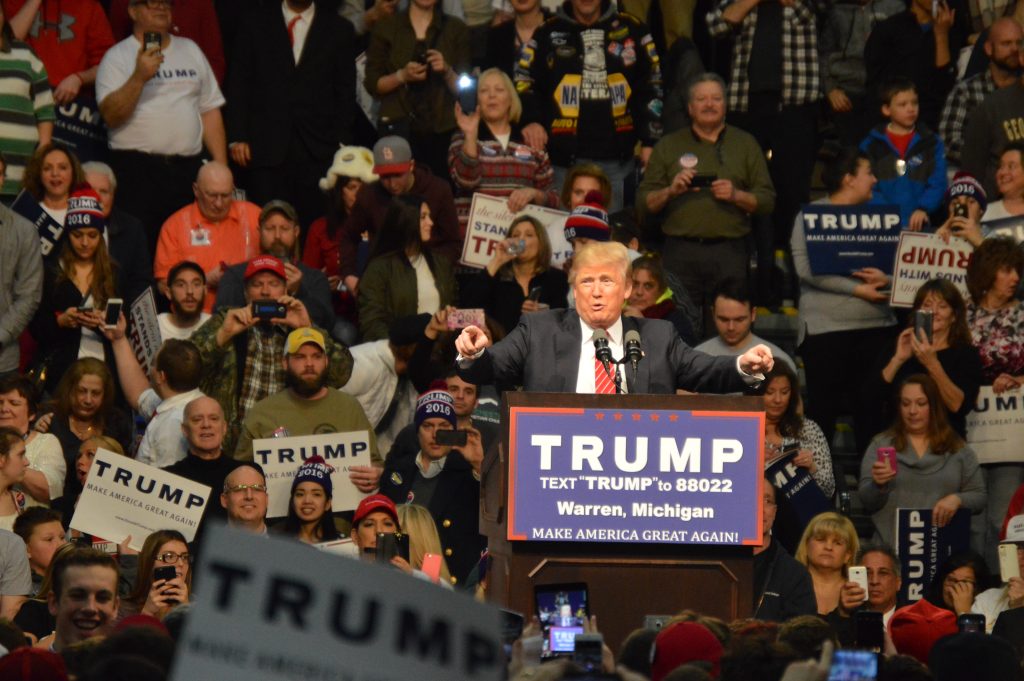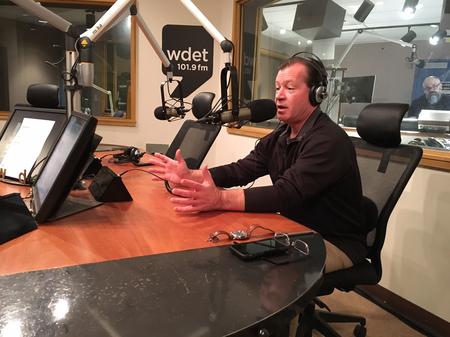Trump’s First 100 Days and How His Tax Plan Might Move His Agenda Forward
How do you feel the Trump Administration has done in its first 100 Days?


Saturday marks Day 100 of President Donald Trump’s administration. It is an artificial benchmark we use for every president to measure his ability to work with Congress on his priorities. But it has no bearing on anything other than public opinion… and maybe not even that.
If nothing else, the 100-day marker might tell us about the direction, tenor, and constitution of a president who will lead our country for the coming years.
On the policy side, Trump hasn’t succeeded in repealing and replacing Obamacare and he does not appear willing to die on the hill over funding for a border wall.
Trump is developing an aggressive — if not impulsive — military strategy and he says he is prepared to unveil a plan for major across-the-board tax cuts.
David Shepardson, a reporter with Reuters in Washington D.C. who covered congressional politics for the The Detroit News for many years, and former state Senate Majority Leader Randy Richardville join Laura Weber Davis on Detroit Today to discuss.
Shepardson says there is a lot of optimism that Trump will be able to get things done. However, he adds there is no question that the administration has had some stumbles thus far in attempting to get legislation passed.
Based on Trump’s campaign promises and the fact sheet, the deficit could increase, Shepardson says.
“There is a lot of uncertainty in the economy right now,” Shepardson says, “and part of it has been driven by President Trump.”
Richardville says in 2011, in Michigan, when Gov. Rick Snyder took office, the situation was similar to what we are seeing in Washington D.C. right now in regards to the economy and cutting corporate taxes.
“When you look at economic theory…there is always a lag effect… it takes a long time for these economic polices to take place.”
Shepardson says a lot of Trump’s proposed tax cuts would benefit the wealthy people, which he says makes it tough to sell to people who aren’t so wealthy.
Click on the audio player above to hear the full conversation.
